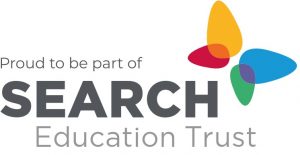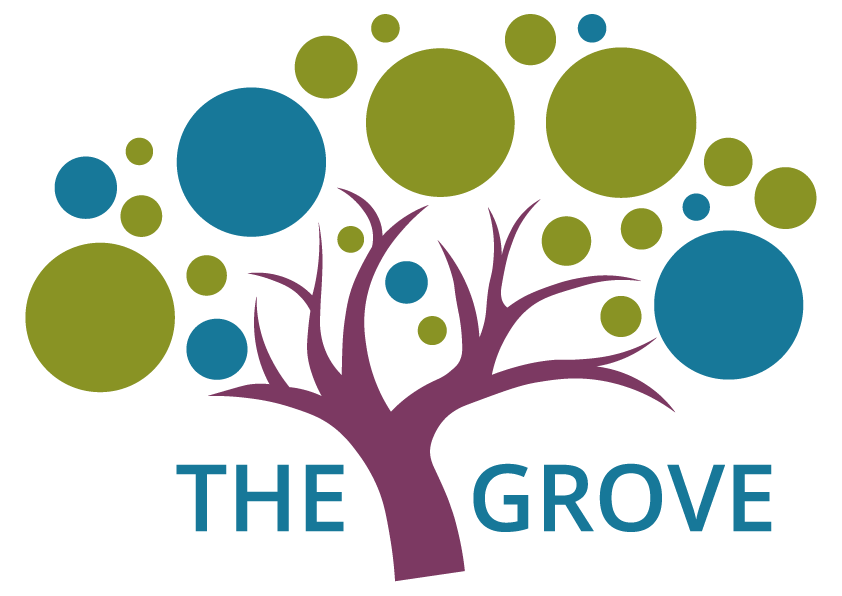Life Skills and Functional Skills
We aim for all our students to develop functional skills for living so each of them is able to lead a fulfilling and substantially independent life. We recognise that for young people with autism every experience may provide a learning experience. Our approach to teaching functional skills and life skills is at the core of our curriculum where our framework can be taught within the programmes of study and the schemes of work.
Input from the speech and language therapist, occupational therapist and other professionals supports the delivery of the life skills curriculum through personal programmes. Areas such as functional life skills and communication are very weighted towards support from therapists.
The life skills curriculum is not seen as linear learning, rather, it is a broad framework in which each child works. The pathways will be determined by each individual’s;
- outcomes on their EHCP and PLP
- strengths and areas of development
- own need as assessed by the parents, staff, therapists, professionals and where possible, the student
Our curriculum includes ample opportunity to develop life skills through the experience of daily activities both on and off site. Furthermore, there is a key focus to each topic or area taught and these are integrated across the day in addition to discrete sessions. There is a strong emphasis on working in partnership with families to ensure the teaching of life skills span across the student’s day including before and after school. The Autism Education Trust progression framework http://www.aettraininghubs.org.uk/schools/pf/ has been adapted to provide a framework for measuring progress within each area of learning.
Essential Life Skills Overview and Units
Please click this link The Grove Life Skills Intent to read Essential Life Skills and the school Overview and Units
Life skills learning is divided into three broad areas of learning which cover
- Independence
- Learning
- Social Understanding
| Life Skills 1. Independence towards Adulthood | |
| Independent Living | Getting ready for a supported independent life as an adult |
| Personal Safety | Recognising risky situations and how to manage them safely and how to get help |
| Road Safety & Travel | Recognising how to be safe in the community when travelling and getting ready for independent travel |
| Keeping Healthy | Recognising how to remain healthy through exercise, diet and well-being |
| Personal Care | Building independent functional skills |
| Leisure | Recognising different aspects of leisure and identifying ways and means to navigate and enjoy leisure activities |
| Work Skills | Getting ready for the world of work |
| Life Skills 2. Learning towards Adulthood | |
| Organisation and learning skills | Building skills to become an independent learner or engage in learning independently in whatever method is appropriate to the individual. |
| Motivation and engagement | Building attention skills and engagement skills and developing resilience in persevering with tasks |
| Routines and expectations | Recognising and understanding there are different expectations across different settings. |
| Evaluating own learning | Building self esteem and self awareness |
| Life Skills 3. Social Understanding towards Adulthood | |
| Coping with change | Building resilience to manage changes |
| Transitions | Building resilience to manage transitions |
| Special interests | Understanding own special interests and their significance on mental health and well-being |
| Play | Shaping learning |
| Thinking & problem solving | Developing memory to understanding to application to analyse, evaluate & create |



